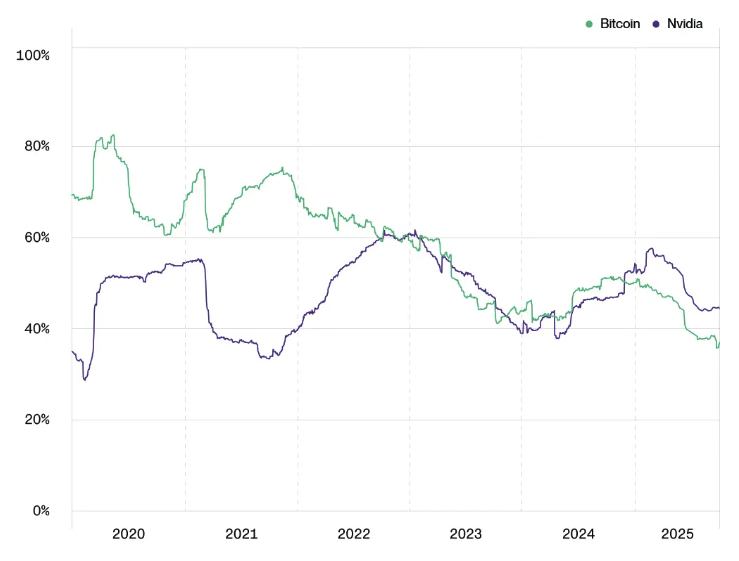Tokenized Gold: Key Players, Value, and Market Impact
- Tokenized gold attracts investment exceeding $1 billion.
- Paxos, Tether, and Kinesis are major players.
- Tokenized gold may increase liquidity and transparency.
Paxos, Tether, and Kinesis are collaborating to tokenize gold, a development that is changing the cryptocurrency landscape, supported by investments exceeding $1 billion.
Tokenized gold impacts blockchain activity, influencing assets like ETH and BTC, increasing liquidity and transparency within the precious metals market.
Tokenized gold, a new venture in blockchain technology, has amassed over $1 billion in investment. This technological advancement aims to increase gold’s liquidity and transparency, making it a significant focus for investors and blockchain experts. Understanding Tokenized Gold and Its Benefits
Key entities Paxos , Tether, and Kinesis collaborate in this initiative, leveraging their expertise in digital and traditional assets. Their roles focus on managing transactions, ensuring security, and integrating blockchain technology with precious metals.
The involvement of these organizations affects industries by potentially altering investment and trade practices. Economic sectors centered on precious metals may witness increased blockchain activity and a shift towards more digital asset handling.
The financial world experiences implications, as increased transparency and liquidity for gold reshape perceptions of it as an asset class. This might lead to expanded interest from institutional investors and regulatory scrutiny over digital asset management.
Charles Cascarilla, CEO, Paxos, “Tokenizing gold is about bringing the trust of physical assets into the digital realm, creating new opportunities for investors in a rapidly evolving market.”
Investors and economies could see shifts in gold trading paradigms. The potential for stronger asset management and secure transactions stands out as a technological advantage over traditional methods of trading and valuating gold.
Historical trends show asset tokenization providing increased transparency while reducing inefficiencies. Future financial regulations may adapt to accommodate digital assets, potentially altering the landscape of gold trading significantly across various markets and platforms.
Disclaimer: The content of this article solely reflects the author's opinion and does not represent the platform in any capacity. This article is not intended to serve as a reference for making investment decisions.
You may also like
Bitwise CIO says bitcoin will break 4-year cycle and set new all-time highs in 2026

Attention Metamask Users! The Long-Awaited Bitcoin (Btc) Announcement Has Finally Arrived!
Bitcoin Holdings Rise as Strategy Buys 10,645 BTC, Reaching 671,268 BTC Total Amid Market Pullbacks
US Spot XRP ETF Reaches $1 Billion in Inflows as Institutional Demand for Non-BTC/ETH Assets Surges